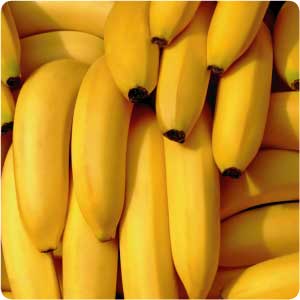
Blaming developing countries for the failure of Doha Round trade negotiations is counter-productive to global trade relations and WTO efforts, China said July 28 via its official news outlet, Xinhua Press. China's ambassador to the WTO, Sun Zhenyu, represented the country's interests on Monday, saying: “They have to remember that this is a Development Round. If they cover all their sensitivities for themselves, and keeping on putting threats on developing countries, I think we are going nowhere.”
USTR Schwab agrees: “We are very much concerned about the direction that a couple of countries are taking,” she said during a break on the eighth day of World Trade Organization talks.
So what's all the spin-up about? China is firing back against the US, freely naming it an accusation-flinging obstacle, which has been implicating that countries with emerging economies (like India, China) are responsible for having thrown “the entire Doha Round into the gravest jeopardy.” With so much sensitivity surrounding these trade talks, it's been too easy for both sides to become distracted from the matter at hand.
This “fragile” agreement seeks to limit European farm subsidies to 80% and US subsidies to 70%, while Latin American agricultural goods are brought up to speed by benefitting from tariff cuts. The two areas blocking the DR from reaching successful progress are agriculture, and non-agricultural market access (NAMA). Contentious issues within these areas clogging the pipelines include: US cotton subsidies, special safeguard mechanisms (SSMs) for developing countries, and the establishment of new tariff rate quotas.
India's Commerce Minister Kamal Nath has also worked this past week to vehemently rebut US charges that India is holding up talks: “Who's holding up this round I think are the large developed countries… who are looking for commercial interests and enhancing prosperity rather than looking for content which reduces poverty.” AFP reported today that Nath was “optimistic” that a deal could be reached, but that nevertheless, India has “serious concerns, starting from trade distorting subsidies going into the non-mentioning of cotton.”
While the US and China are prodding each other over market access and cotton subsidies (Schwab's stab: “Unfortunately, a few emerging markets have decided they somehow want to rebalance [the agreement] in favor of one or another issue”), the EU and Latin America came to an agreement on Sunday to cut the EU's import duty on bananas to 114 euros ($179) /tonne by 2016. In the interim, the import duty will be cut to 148 euros (from 176) in 2009.
Alas, Cameroon trade minister Luc Magloire Atangana Mbarga waved a red flag, saying the current banana deal's a no-go. He warned that lowering EU import tarriffs could devastate “banana output.” This of course comes from a country whose largest employer and political peace relies predominantly on bananas.
Some other opinions on the table:
Australia. Trade Minister Simon Crean understands the “degree of frustration” associated with global trade discussions, but advises that trade ministers “not lose sight of the objectives.”
France. Not shy about disclosing that “the project currently on the table is not acceptable as it stands.” Sarkozy reportedly called European Commission head Jose Manuel Barroso to voice dissatisfaction on the deal over the weekend.
Italy. Prime Minister Silvio Berlusconi expressed concerns over “the absence of progress.”
Speaking to the progress of trade talks, WTO Director-General Pascal Lemy admitted that much convergence has emerged in the past week among country ministers. So much so, that the discussion adjournment has been postponed to Tuesday or Wednesday, but was originally slated for Saturday.